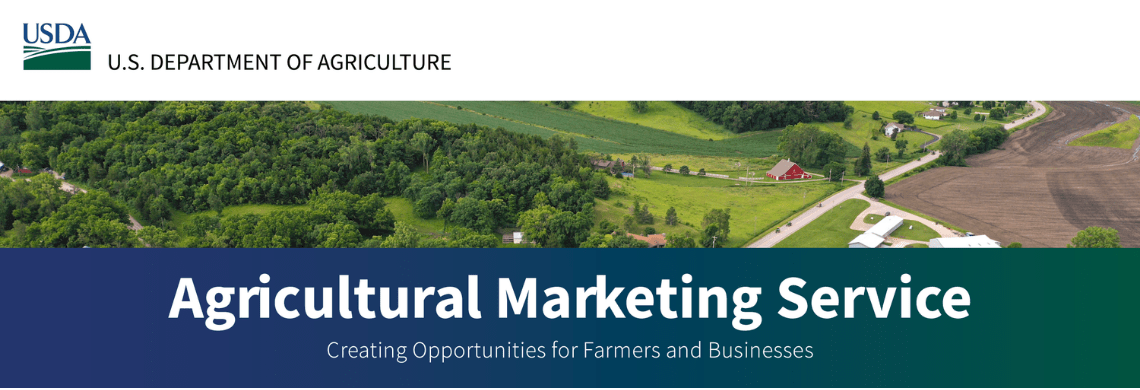The U.S. Department of Agriculture (USDA) is seeking nominees for the Area 2 Colorado Potato Administrative Committee to fill four producer member seats, three handler member seats, and seven alternate member seats whose terms will begin June 1, 2024. Nominations must be made prior to or during the nomination meetings being held in each district.
The nomination meetings for all districts and Alamosa, Bulk, and Independent Handlers will be held February 6-8, 2024, from 8 a.m.- 5 p.m. at Outcalt Ski-Hi Complex in Monte Vista, Colorado.
Eligible nominees must be engaged in a proprietary capacity in the production of potatoes within the district for which selected. The appointed members will serve two-year terms.
For nomination information, contact the Colorado Potato Administrative Committee (Area 2) Director Jim Ehrlich at (719)-852-3322 or by email at jehrlich@coloradopotato.org or USDA Marketing Specialist Greg Breasher at (503) 349-2997 or by email at Gregory.Breasher@USDA.gov.
The Colorado Potato Administrative Committee administers the marketing order locally and consists of nine producers and their alternates and five handler members and their alternates. More information about the committee is available on the Agricultural Marketing Service’s (AMS) Colorado Potatoes webpage or on the committee’s website at https://www.coloradopotato.org.
Authorized by the Agricultural Marketing Agreement Act of 1937, marketing orders are industry-driven programs that help producers and handlers achieve marketing success by leveraging their own funds to design and execute programs that they would not be able to do individually. AMS provides oversight to fruit, vegetable and specialty crops marketing orders and agreements to help ensure fiscal accountability and program integrity.
AMS policy is that diversity of the boards, councils and committees it oversees should reflect the diversity of their industries in terms of the experience of members, methods of production and distribution, marketing strategies, and other distinguishing factors, including but not limited to individuals from historically underserved communities, that will bring different perspectives and ideas to the table. Throughout the full nomination process, the industry must conduct extensive outreach, paying particular attention to reaching underserved communities, and consider the diversity of the population served and the knowledge, skills, and abilities of the members to serve a diverse population.

